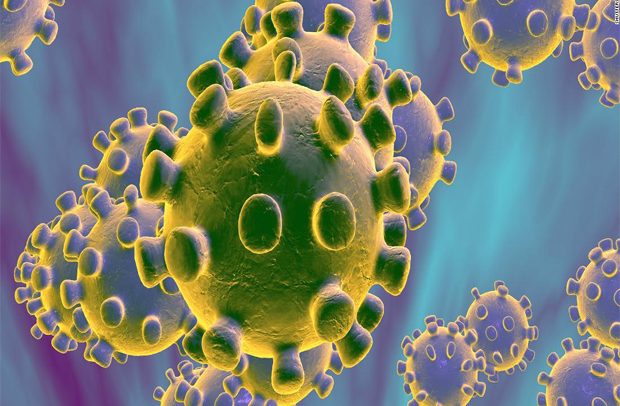People over 60, and especially over 80, are particularly vulnerable to severe or fatal infection.
Amid the uncertainty swirling around the coronavirus pandemic stands one incontrovertible fact: the highest rate of fatalities is among older people, particularly those with underlying medical conditions.
Of the confirmed cases in China to date, nearly 15 per cent of patients over 80 have died. For those under 50, the death rate was well below one per cent, according to New York Times.
Medical experts say that if people over 60 are infected, they are more likely to have severe, life-threatening disease even if their general health is good. Older people with underlying medical conditions are at particularly high risk.
This leaves older people and their families wondering what extra precautions they should take. Well, that is the reason this article was created.
Several best practices have been recommended by the Centres for Disease Control & Prevention, the World Health Organisation, geriatricians and infectious diseases specialists.
1. Get yourself familiar with the guidelines
WHO and CDC having general recommendations on protective measures against COVID-19 which include:
– Wash your hands frequently with soap and warm water
– clean them with alcohol-based hand gel if handwashing is not possible
– avoid handshakes
– stay away from large gatherings
– clean and disinfect objects that are touched frequently
– avoid public transportation and crowds
– wear appropriate protective equipment when taking care of a person with the virus (especially health providers)
People are wrong to assume that if an underlying condition is well managed with treatment, they are out of danger. Even those with conditions that are stable should take extra precautions.
2. Manage social isolation
Even though experts warn about maintaining social distancing, the aged especially are vulnerable to significant mental impacts of this directive since a lot of old people already live alone.
You can reduce the impact of this by having virtual meetings (online) with them and encouraging them. This is also the best time to get them take active part in their daily routines. Get them their favourite movie, book or anything they enjoy doing at home.
3. Members of the public should check in regularly with isolated older adults to keep them informed about efforts to combat the outbreak.
4. Efforts must be made to train caregivers at nursing homes taking care of aged people.
5. Older people on medications such as anti-hypertensives should contact their healthcare providers to increase the medication for longer period intake.
6. Have enough household items and groceries on hand so that you will be prepared to stay at home for a period of time.
Always remember to watch out for the health of the older people in your home or community. Report to hospital early if you notice any symptoms.
–Glusea.com


